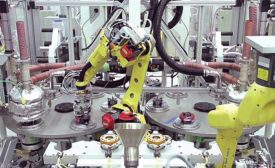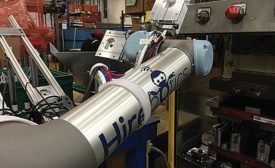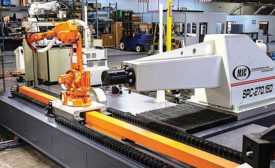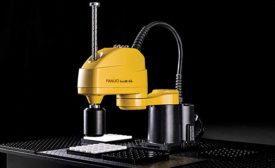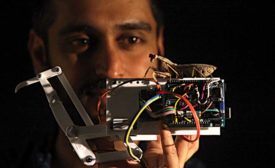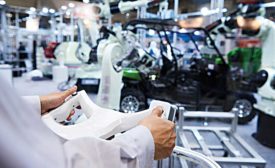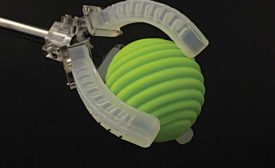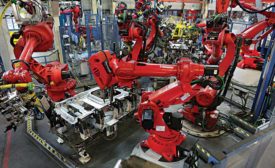Robotics Assembly
A unique multistation automated assembly system produces six different cord sets.
Read More
Robot Rental Comes of Age
Robots-for-hire provides a new way for small manufacturers to automate
April 10, 2018
Next-Gen SCARA Robots
State-of-the-art SCARA robots are helping assemblers meet greater demand for speed and precision
April 2, 2018
Never miss the latest news and trends driving the manufacturing industry
Stay in the know on the latest assembly trends.
JOIN TODAY!Copyright ©2025. All Rights Reserved BNP Media.
Design, CMS, Hosting & Web Development :: ePublishing
